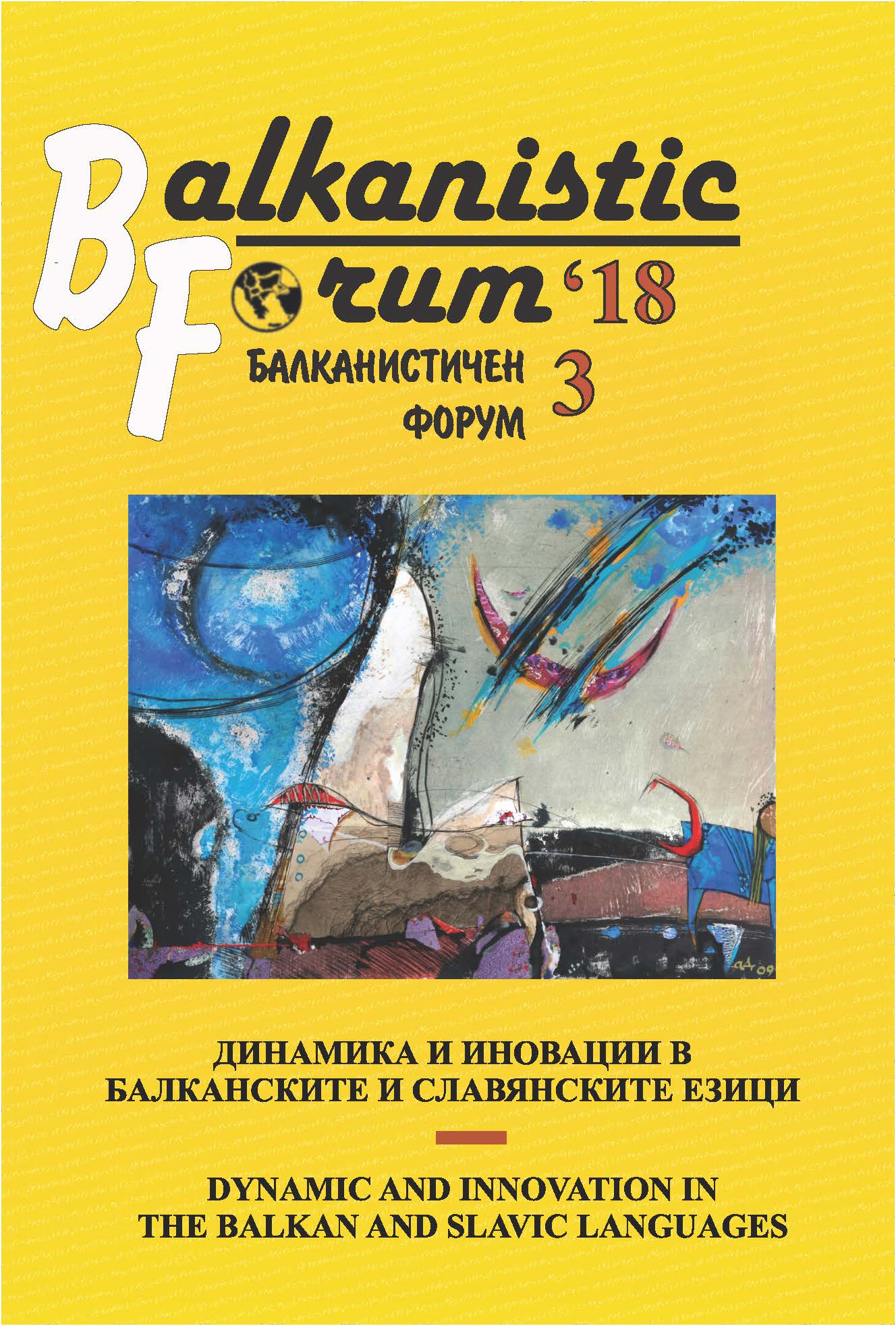The Name of the Language in the Constitution –
a Reflection of Reality, or Unrealistic Desires?
(Based on examples from Croatia, Bosnia and
Herzegovina, and Montenegro)
The Name of the Language in the Constitution –
a Reflection of Reality, or Unrealistic Desires?
(Based on examples from Croatia, Bosnia and
Herzegovina, and Montenegro)
Author(s): Pavel KrejčíSubject(s): Language studies, Language and Literature Studies
Published by: ЮГОЗАПАДЕН УНИВЕРСИТЕТ »НЕОФИТ РИЛСКИ«
Keywords: Constitutional Articles on Language; Yugoslavian Constitutions; Croatian Constitution; Bosnian-Herzegovinian Constitutions; Montenegrin Constitution
Summary/Abstract: The paper analyzes the constitutional articles about languages of selected Yugoslav and post-Yugoslav countries, former „Serbo-Croatian“ federal republics: Croatia, Bosnia & Herzegovina, and Montenegro. During the Yugoslav monarchy the constitutional article declared the official language idealistically as Serbo-Croatian-Slovenian. At the time of World War II, in occupied Montenegro, there was the first attempt to constitutionally enshrine the glossonym Montenegrin language. After the so-called Novi Sad Agreement (1954) the literary forms of the language of Serbs, Croats and Montenegrins were unified in the framework of one pluricentric standard language with a mandatory two-part name (Serbo-Croatian) with two variants („Ekavian“ written in Cyrillic and „Ijekavian“ written in the Latin alphabet), which is reflected in the respective constitutional articles. After the Croatian „Declaration on Croatian language“ (1967), the Novi Sad arrangement began to be disturbed, which culminated in the language article in the Croatian Constitution of 1990. The new Montenegrin constitution from 2007, on the other hand, for the first time officializes the glossonym „Montenegrin language“. The most complex national and language situation was in Bosnia & Herzegovina, and this situation naturally also affected the problems connected with the constitutional articles about language in the constitutions of B&H, the Federation of B&H and the Republic of Srpska.
Journal: Балканистичен Форум
- Issue Year: 2018
- Issue No: 3
- Page Range: 154-161
- Page Count: 8
- Language: English
- Content File-PDF

